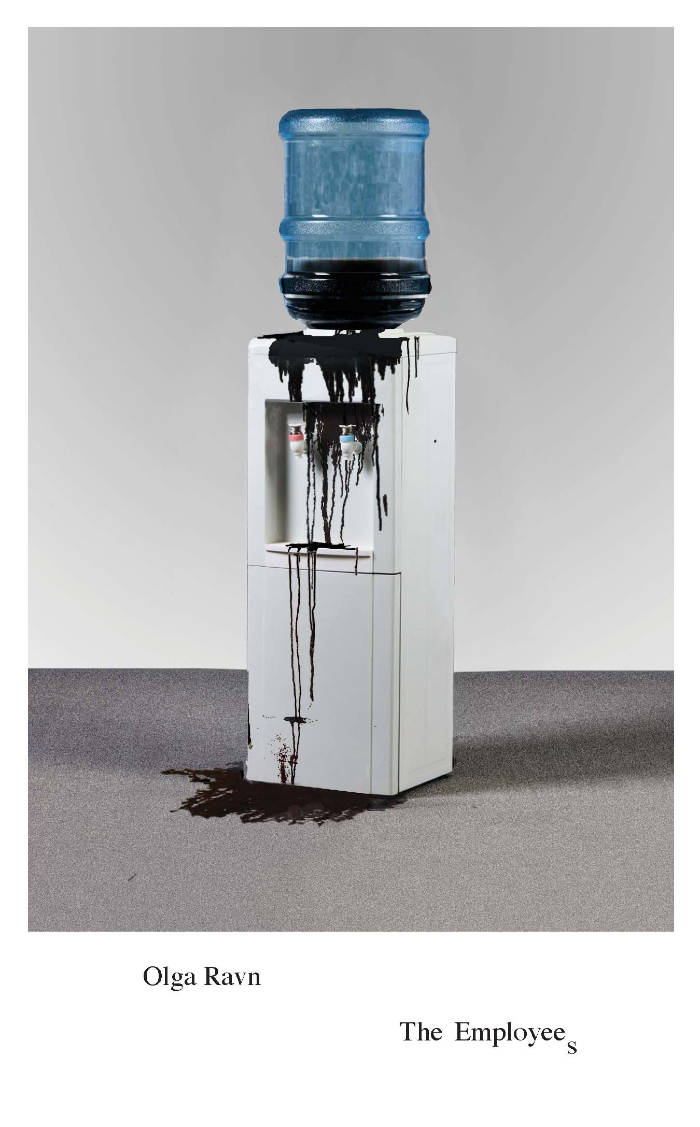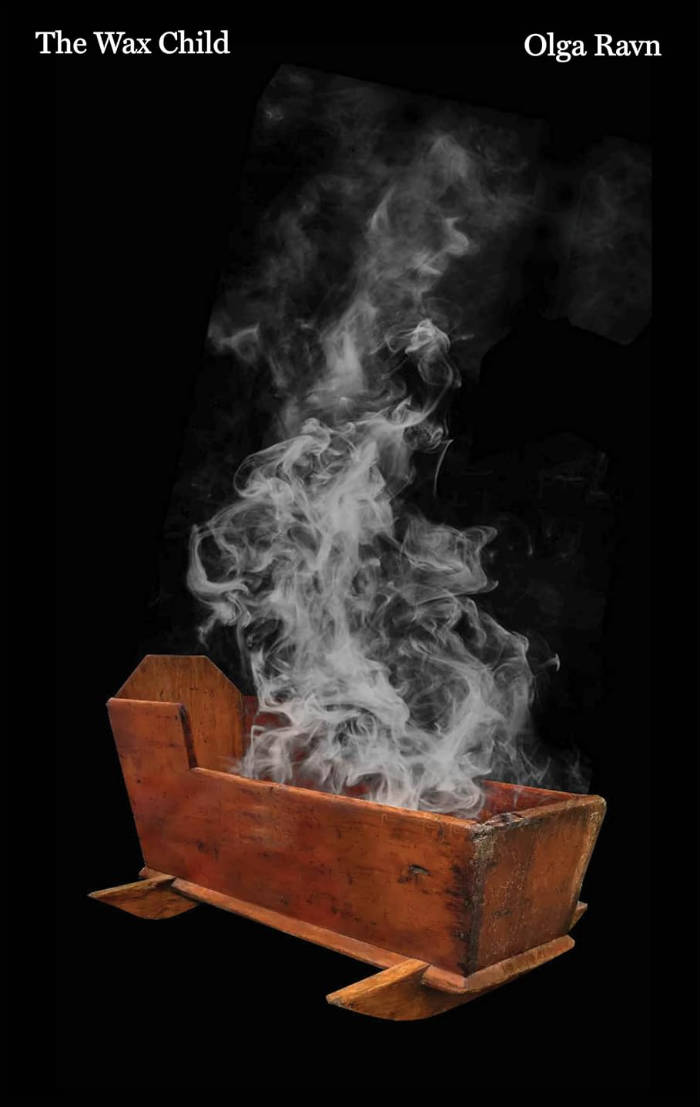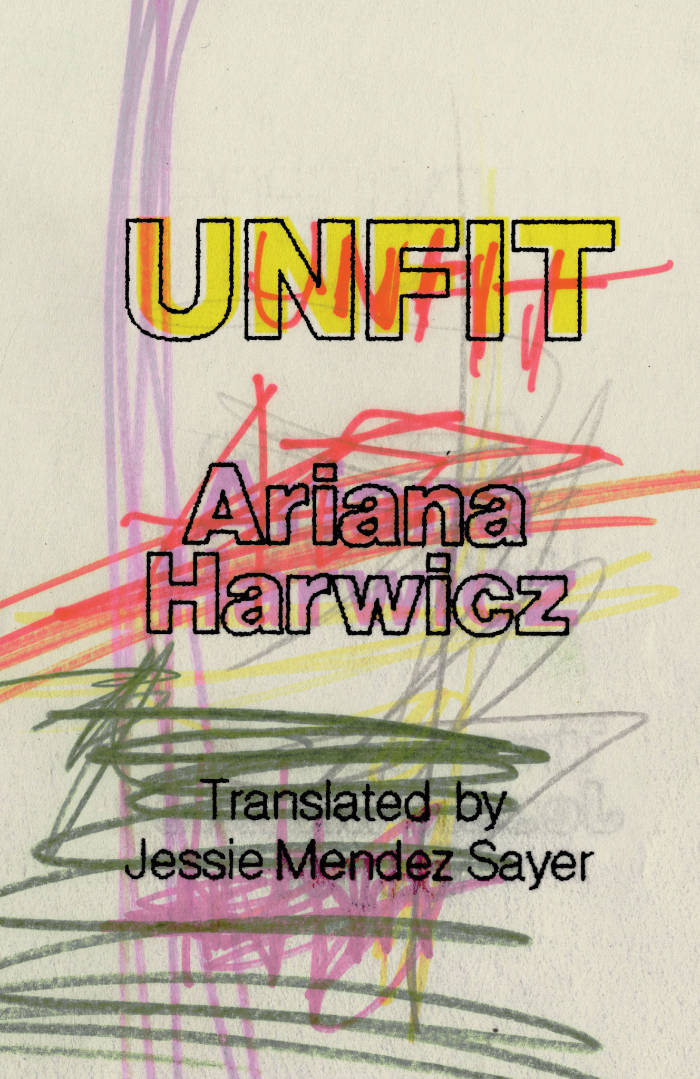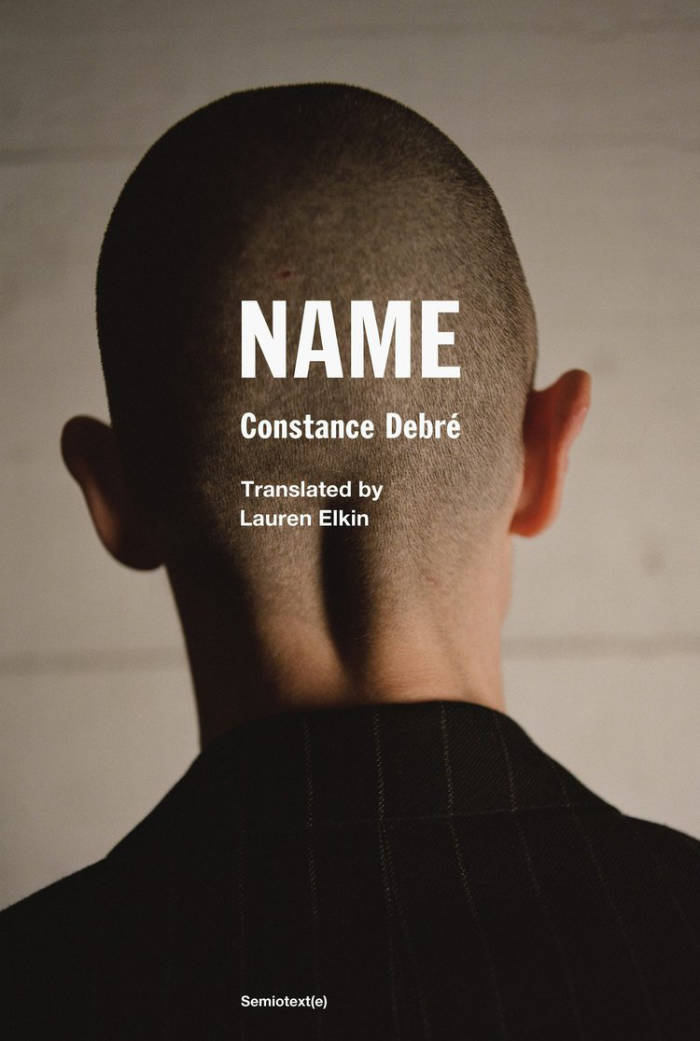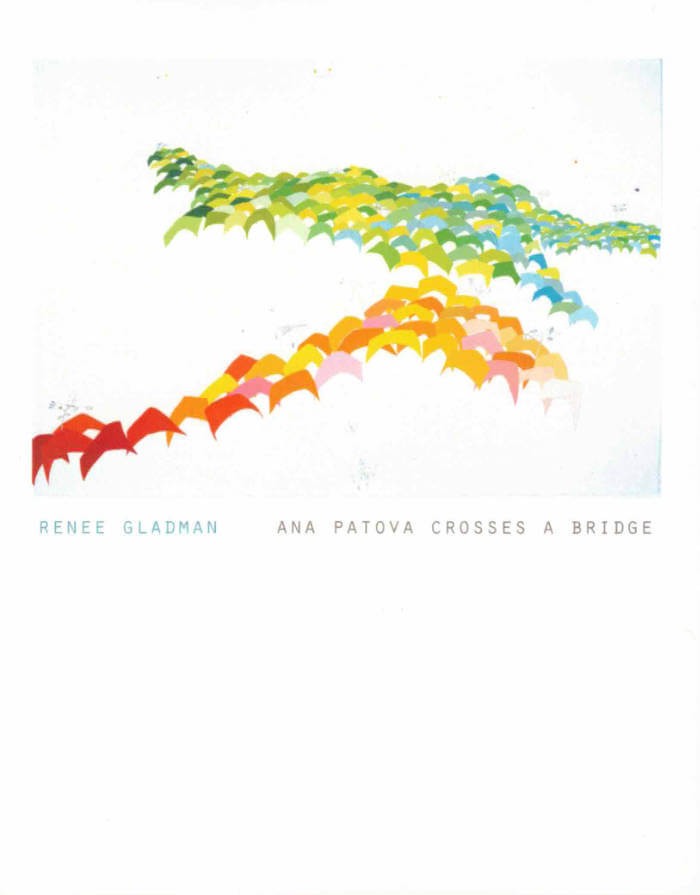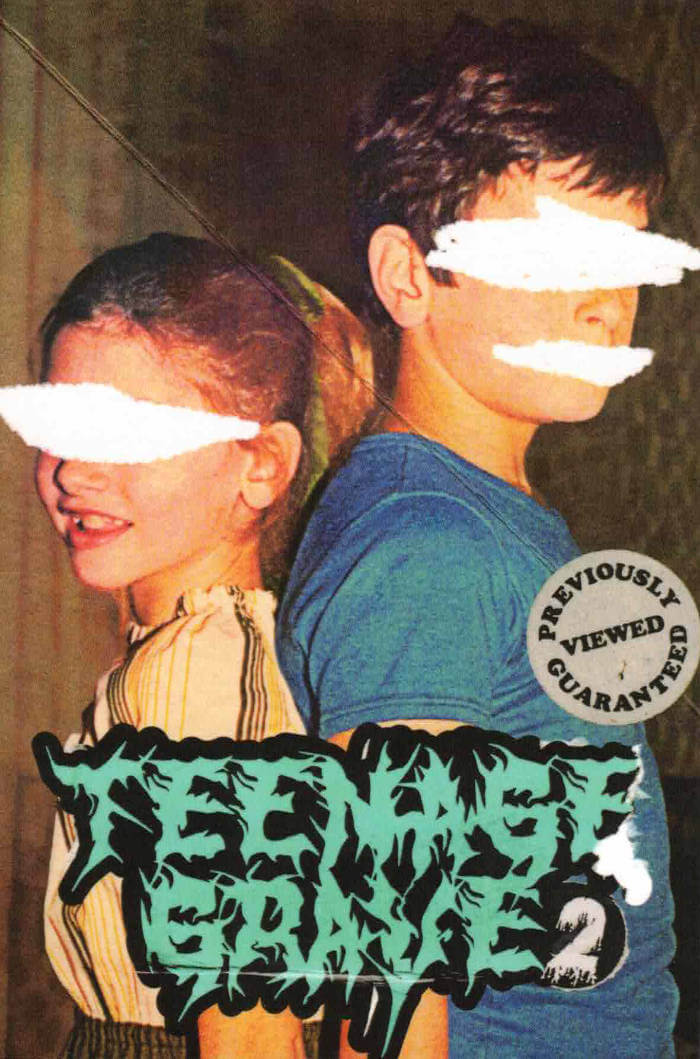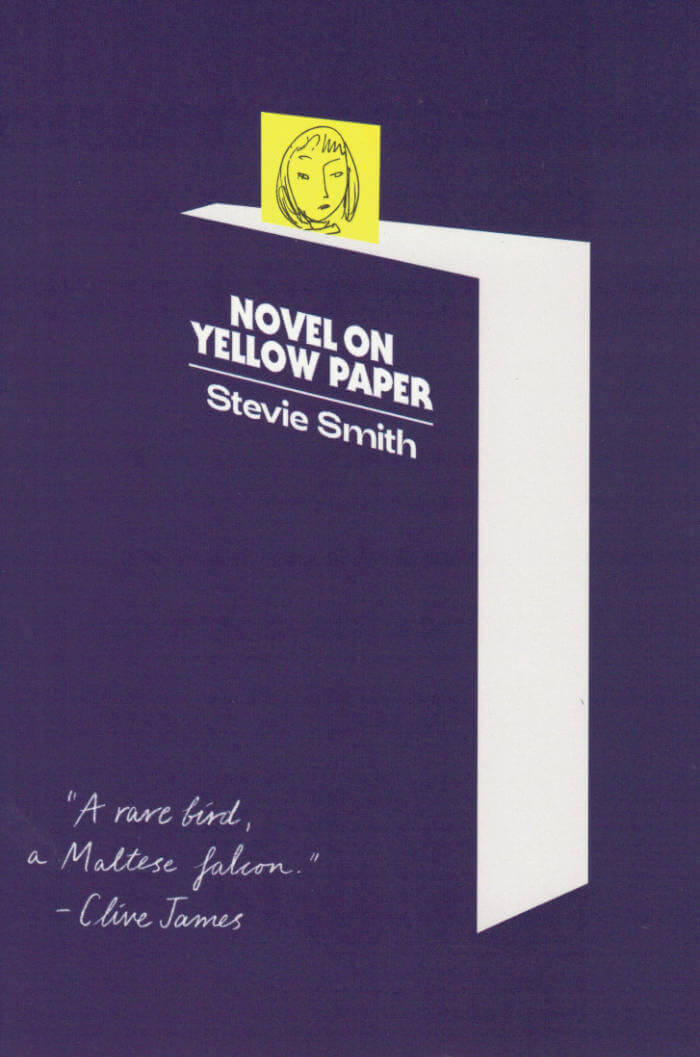
Novel On Yellow Paper
I am a forward-thinking girl, and don’t stay where I am. ‘Left right, be bright.’
Pompey Casmilus, Stevie Smith’s loquacious alter ego, works as a secretary and writes down on yellow office paper this wickedly amusing novel. “Dear Reader,” she addresses us politely in the whirlwind of her opinions on death, sex, anti-Semitism, art, Greek tragedy, friendship, marriage, Nazism, gossip, and the suburbs. But most of all Pompey talks about love.
When Smith first tried to get her poems published in 1935, she was told by a publisher to “go away and write a novel.” Novel on Yellow Paper, the happy result of this advice, made its author an instant celebrity and was acclaimed as “a curious, amusing, provocative and very serious piece of work” (The London Times Literary Supplement, 1936).
Published 1936, 2022
Stevie Smith (20 September 1902 – 7 March 1971), was an English poet and novelist.

